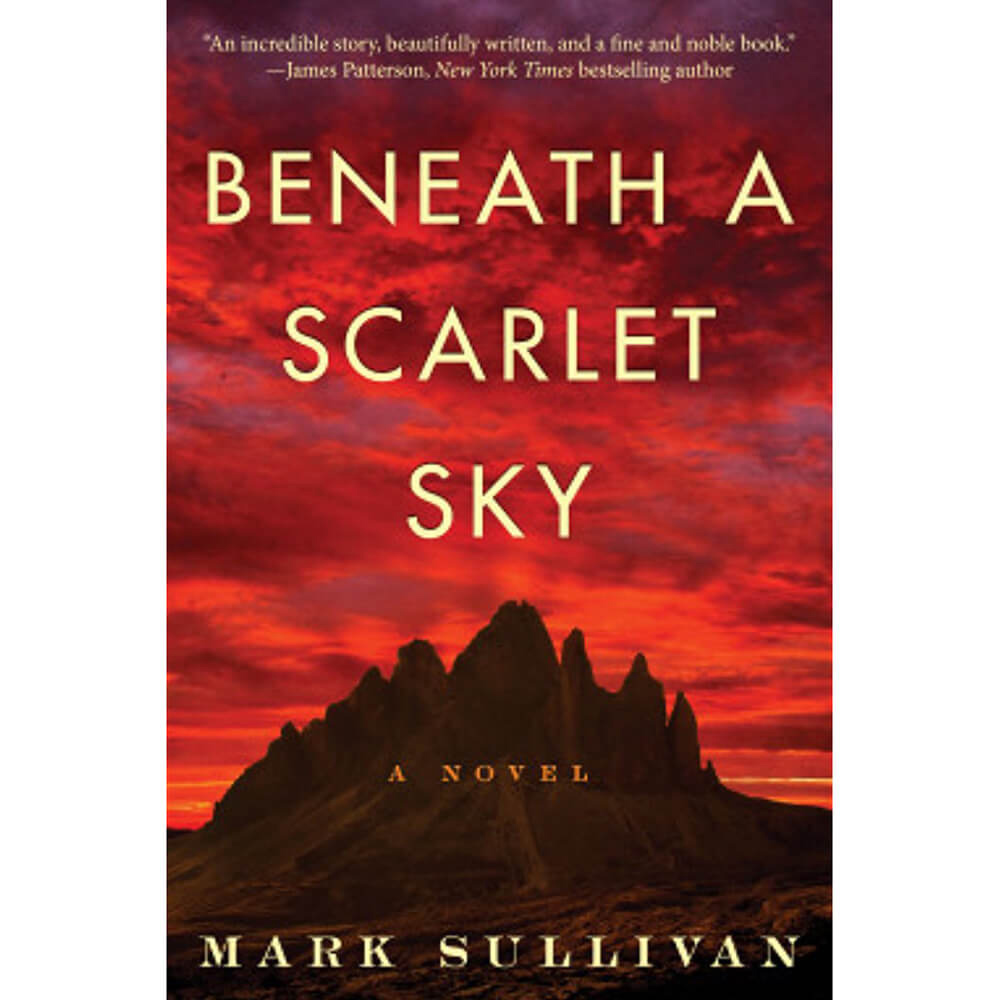This month, we delve into the subject of “intoxication and addiction” with Leslie Jamison’s highly-praised memoir The Recovering: Intoxication and Its Aftermath. I was excited to read this book, particularly in light of the work I’ve been doing on the opioid epidemic.
Through my research and the interviews I’ve conducted, my desire to learn more about this subject has increased dramatically, and I’d hoped Jamison’s book might shed light on addiction and offer a new perspective. For me, however, Jamison’s book was a disappointment.
In fact, I will fess up and tell it like it is: I couldn’t even finish it. It sat on my bedside table, coffee table, desk, and in the front seat of my car for months, and though my initial excitement was palpable, it waned early on and died shortly thereafter.
I did read most of Jamison’s book, however, and I do have points to make, so with that in mind, here are 5 Thoughts on The Recovering: Intoxication and Its Aftermath
- Jamison attended the Iowa Writers Workshop. I feel like there are two kinds of people in this world: those who appreciate graduates of the IWW and those who do not. You can take your guess into which camp I fall. Seriously, though, the opening of this book had to do more with the whole Iowa Writers Workshop and the myth/persona of that experience than it did, I felt, with Jamison’s issues. In fact, I’d say the IWW is the main character of this book; although I’m not sure if I’d say it’s the protagonist or antagonist.
- Jamison now directs the non-fiction concentration in writing at Columbia University’s School of the Arts, so I should probably watch my mouth.
- If you are looking for an exploration of addiction that combines memoir with fiction writing, this might just be the book for you. Rather than straight-up non-fiction, Jamison shows her creative writing side throughout the work. On page 41, she writes, “We sat in the Sanctum, otherwise known as the second floor, which had perpetually sticky hardwood and a cluster of ratty velvet couches with stuffing and springs thrusting up through rips in their fabric. There was a bar in one corner stocked with lukewarm gin. Before I spoke, I ran every possible comment through a wash cycle in my mind – scrubbing its fabric and wringing it dry, getting rid of its dirt – trying to make it good enough to say out loud.” I found this style of writing to be cumbersome to the overall message, however, and I could never quite relate to Jamison or her mental gymnastics.
- I did love Jamison’s exploration of the differences between female and male addiction, or at least her perception of these differences, which she uses history (myth and otherwise) to highlight. Jamison notes that men (using writers as her examples) are seen as intelligent, brooding drunks who are brilliant but tortured. Women, however, are miserable failures in large part because their addictions render them unable to do what they are supposed to do best: be doting and responsible caregivers. The book is worth a read simply to explore this perspective, whether one agrees with Jamison’s point of view or not.
- Jamison gets to the heart of what I think a lot of people feel about a lot of life, and what so many of us develop addictions as a result of (eating, shopping, gambling, drugs, etc.): “My problem was simple but insoluble. I didn’t want to feel what I was feeling.” (p. 50).
That’s it for us this month. We’re looking forward to Mark Sullivan’s Beneath a Scarlett Sky for next month, ending 2019 on a decidedly romantic and possibly tragic note.

We love sharing books with everyone and anyone who’s got a review, comment, thought, critique or favorite quote to send along. Feel free to write to us at editor@outreachnc.com and let us know your thoughts Jamison’s memoir/essay.
